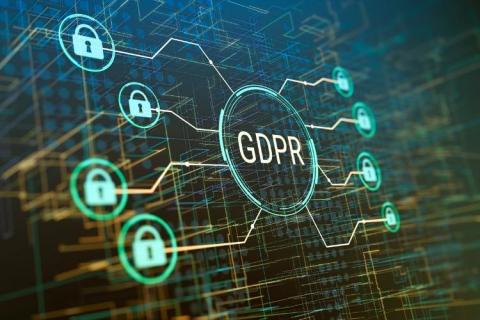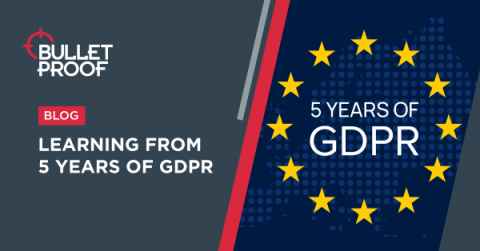Security | Threat Detection | Cyberattacks | DevSecOps | Compliance
Latest News
The Role of the SEC in Enforcing InfoSec Legislation
Founded 85 years ago at the height of the Great Depression, the Securities and Exchange Commission (SEC) has a clear mission: to protect investors, maintain fair, orderly, and efficient markets, and facilitate capital formation. Put simply, the SEC aims to protect US investors by maintaining a fair market. The SEC doesn’t work directly with investors, however.
Frequently Asked Questions on the 2023 EU General Court's Pseudonymised Data Ruling
In 2023, the EU General Court overruled the European Data Protection Supervisor and ruled that pseudonymized data will not be classified as personal data under the of EU data protection law when transferred to a recipient who is unable to identify individuals. Businesses are now taking a closer look at their data anonymization processes, as well as the opportunities this new ruling may offer when transferring and accessing data across borders..
How Data Protection Laws Impact Consumer Privacy
What is DORA? How to prepare your business for compliance
Designed to support the digital resiliency of financial institutions in the EU and UK, the Digital Operational Resilience Act is set to go in effect in January 2025. In this blog, we take a deep dive into what organizations must do in order to be compliant with this new legislation. Digital resiliency is one of the financial sector's most significant challenges today.
GDPR - the benchmark for a global privacy framework
PCI DSS vs GDPR: A Comparison of Data Security Standards
Since the onset of the pandemic in 2020, global concern for data security and privacy has skyrocketed like a dazzling display of fireworks on New Year’s Eve. With an ever-increasing number of people utilizing online services and sharing their personal information on websites to engage in e-commerce transactions, the infrastructure for collecting and safeguarding consumer data has become of paramount importance.
Learning from 5 years of GDPR
Despite the GDPR routinely (and wrongly) being seen as an encumbrance, many of its requirements make sense for sound business and management reasons. For example, the requirement to maintain Records of Processing Activities (RoPA) under Article 30 can reduce time needed from business analysts when scoping projects. Data Protection Impact Assessments (DPIAs), reduce time misspent on projects which are not appropriate, legally viable, or necessary.
Cyber Warfare and Government Attitudes To Cybersecurity
Navigating the complex world of Cybersecurity compliance
The content of this post is solely the responsibility of the author. AT&T does not adopt or endorse any of the views, positions, or information provided by the author in this article. Cyberattacks have become increasingly common, with organizations of all types and sizes being targeted. The consequences of a successful cyberattack can be devastating. As a result, cybersecurity has become a top priority for businesses of all sizes.











